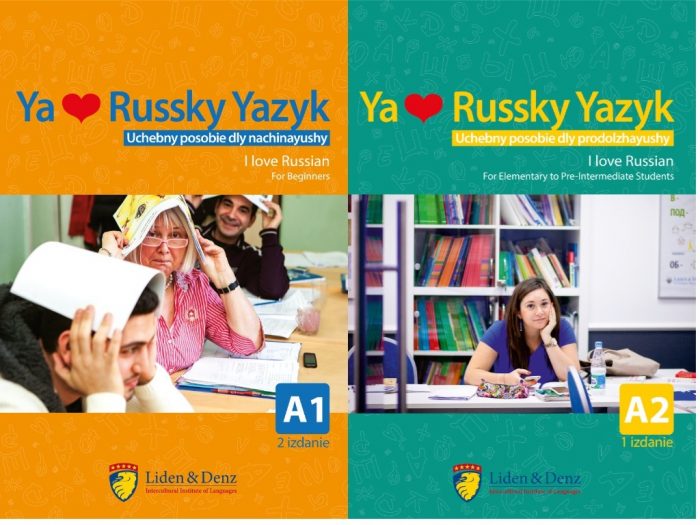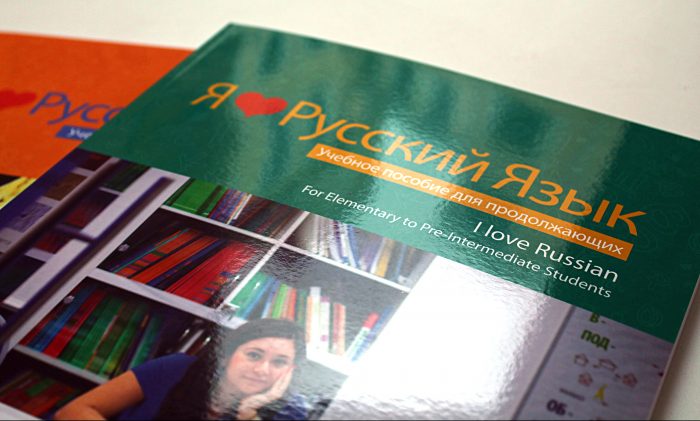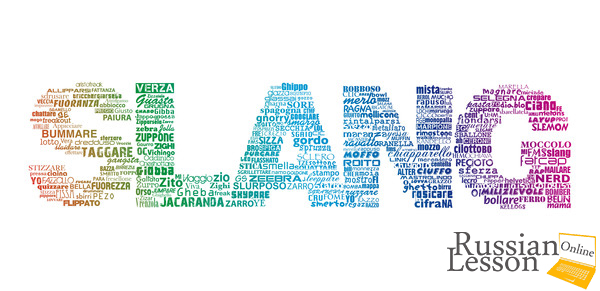
Students will be happy to learn that the Russian Government has today announced plans to make Russian language easier in an effort to simplify greater international engagement.
“For too long, Russia has been isolated from the rest of the world, in large part due to the complexity of the Russian language,” said Denis Durakov, Minister of Intercultural Exchange and Trade, in a press release published earlier today.“For this reason, we gathered a team of leading Russian and international experts, including philologists, linguists and other social scientists, in order to make Russian language easier for native speakers and second language learners alike.”
Now, following 18 months of intensive research involving stakeholders from across the globe, the Government’s team of specialists has proposed the following changes to make Russian language easier:
Approximately 70% of the world’s population have writing systems based on the Latin script. In contrast, Cyrillic is confined predominantly to Eurasia, with Russia accounting for around half of all global users. Russia has therefore decided to follow Kazakhstan’s lead and switch to the more widely used system, so that to make Russian language easier and more accessible to a global audience.
Grammatical gender isn’t necessary – in fact, over half of the world’s languages don’t bother with it, including major languages such as English and Chinese. What’s more, scientific studies suggest that gendered grammar is associated with gender inequality. It’s therefore been decided that it would be better for Russian to completely eliminate grammatical gender moving forward and simply refer to everything as “it”.
In Russian, we currently have six cases. This can be hard for foreigners to get their heads around, especially native English speakers who are not used to an extensive case system. While we’re not as bad as some languages (Hungarian has 18 cases!), we’ve decided to set an example by reducing our cases to just one. From now on, everything will be in the nominative case.
An executive decision has been made to reduce the number of prefixes used in the Russian language by 10%. It is hoped that this minimisation will ease the burden for Russian language learners, who under new rules will only have to memorise 900 prefixes instead of the full 1,000. Decisions as to exactly which prefixes are to be removed are ongoing but are likely to be made based on social media polls.
If you’re already learning Russian, don’t worry: at Liden & Denz, we’ll continue to teach traditional Russian for now. However, our academic staff have already started working on the adapted version of our textbook Я люблю Русский Язык:
The new versions will be ready for when the transition to simplified Russian is complete – a date currently scheduled exactly five years from now (1st April 2023).
In the meantime, follow us on Facebook to keep on top of the latest language updates!

Students will be happy to learn that the Russian Government has today announced plans to make Russian language easier in an effort to simplify greater international engagement. …

In a previous post, we revealed that Russians don't really say “na zdarovje” when they toast. While the phrase has been popularised in English language media – and a lot of Russians will nod politely and clink glasses with you if you use it – it’s not something a native speaker would ever…

Improve your Russian while working as an expat? Mission possible! …

What could be a better way for Russian immersion than reading, especially when you read the books that you find interesting and that can give you a better idea of the culture of Russia? Co-founder of Liden & Denz, Walter Denz shares his experience on how reading Russian literature can improve your…

Learning a language is hard. Keeping it when you don't have classes is even harder. So this article is not about how to learn Russian, but how to maintain your Russian. …

Learning the Russian language can be a long, hard slog. Days, weeks, months spent poring over textbooks, attempting to understand the cases, crying over aspects, endeavouring to pronounce ы and щ. …

Many language learners desire to communicate well with native speakers of the language or those who speak it. I have always dreamt of talking more fluently and texting through social media with my Russian friends better. It is no exaggeration to say that good communication skill gives you an…

If you are already able to speak Russian, then congratulations! You are on a good way. But even if you are, let’s say, on level B2, you have probably been in situations with Russians, especially younger people, where you did not understand everything they said — either because they were speaking…